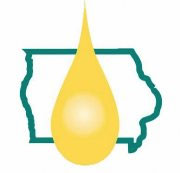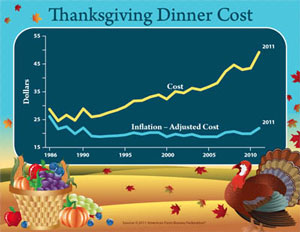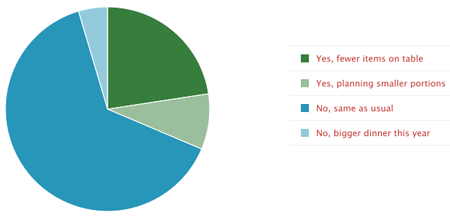According to the latest government figures, U.S. biodiesel production has already set a new record this year.
 National Biodiesel Board (NBB) is proud to report that the industry has produced more than 802 million gallons of biodiesel in plants from Florida to Iowa to Washington state, more than doubling last year’s production of about 315 million gallons and breaking the previous record of about 690 million gallons set in 2009.
National Biodiesel Board (NBB) is proud to report that the industry has produced more than 802 million gallons of biodiesel in plants from Florida to Iowa to Washington state, more than doubling last year’s production of about 315 million gallons and breaking the previous record of about 690 million gallons set in 2009.
The main reason for the increased production is reinstatement of the federal tax incentive for biodiesel, which is once again due to expire at the end of this year without congressional action. Without the incentive last year, production dropped dramatically as dozens of plants shuttered and thousands of jobs were lost. This year’s increased production will support more than 31,000 jobs – up from fewer than 13,000 last year – while generating at least $3 billion in GDP and $628 million in federal, state and local tax revenues, according to a recent economic study conducted by Cardno-Entrix.
“This tax incentive is without a doubt stimulating production of biodiesel and creating jobs. We’re clearly seeing that from our members across the country,” said NBB VP of federal affairs Anne Steckel. “We have a little over a month before it could expire again, and it is past time that Congress step up and pass an extension to keep this industry’s momentum going.”


 Lights, camera, cash prizes!
Lights, camera, cash prizes! Attention travelers in the Tidewater, Va. area, the Airport BP is now offering E85 ethanol at its full-service auto repair center and convenience store located near Newport News-Williamsburg International Airport. Airport patrons picking up a flex-fuel rental vehicle or FFV drivers in the beautiful Tidewater area can now easily fill up with E85 at Airport BP.
Attention travelers in the Tidewater, Va. area, the Airport BP is now offering E85 ethanol at its full-service auto repair center and convenience store located near Newport News-Williamsburg International Airport. Airport patrons picking up a flex-fuel rental vehicle or FFV drivers in the beautiful Tidewater area can now easily fill up with E85 at Airport BP.
 The Renewable Fuels Foundation and the
The Renewable Fuels Foundation and the  The turkey itself is what gobbled up most of the price increase this year. According to AFBF, a 16-pound turkey will cost about $21.57 this year at $1.35 per pound, an increase of about 25 cents per pound over last year. That triggered
The turkey itself is what gobbled up most of the price increase this year. According to AFBF, a 16-pound turkey will cost about $21.57 this year at $1.35 per pound, an increase of about 25 cents per pound over last year. That triggered 
 The SDTS is a decommissioned Spruance-class destroyer ex-Paul F. Foster (EDD 964) reconfigured to provide the Navy an at-sea, remotely controlled, engineering test and evaluation platform without the risk to personnel or operational assets.
The SDTS is a decommissioned Spruance-class destroyer ex-Paul F. Foster (EDD 964) reconfigured to provide the Navy an at-sea, remotely controlled, engineering test and evaluation platform without the risk to personnel or operational assets.  The president of biofuel enzyme producer
The president of biofuel enzyme producer  The label allows participating companies to communicate the share of wind power and other renewable sources as part of the overall power demand of their operations. The objective behind WindMade™ is to drive demand in wind power, thereby boosting investment and growing the renewable energy market.
The label allows participating companies to communicate the share of wind power and other renewable sources as part of the overall power demand of their operations. The objective behind WindMade™ is to drive demand in wind power, thereby boosting investment and growing the renewable energy market.